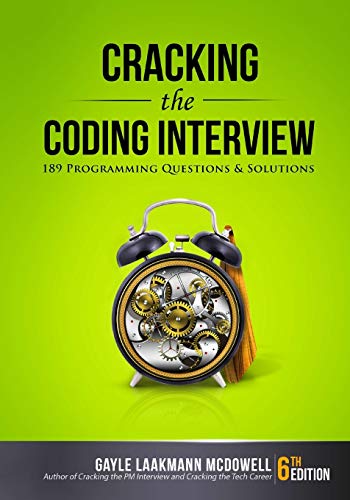What are
/r/BCIT's
favorite Products & Services?
From 3.5 billion Reddit comments
The most popular Products mentioned in /r/BCIT:
The most popular Services mentioned in /r/BCIT:
Facebook Marketplace
HackerRank
Microsoft SQL Server
SFML
Cisco Packet Tracer
Gyazo
Homebrew
Rate My Professor
Library Genesis
Indeed
The most popular reviews in /r/BCIT:
Take this free packet tracer course to see if you like CISA for not. Just finish half the course, you will learn how to use an easier packet sniffer built in. (Way easier than wireshark.)
​
https://www.netacad.com/courses/packet-tracer/introduction-packet-tracer
Websites? I'm not sure about general websites for learning c++
When it came to using the internet to learn I was mostly looking up OpenGL tutorials which happened to be in C++. So I would supplement those tutorials with a book.
OpenGL is a C api which is used for drawing graphics. It's used a lot for video games and 3d related projects which is why I got into it. If writing video games is something that interests you that can be a good way to get into programming. SFML is a even better entry point because it's much easier to use than OpenGL for a beginner
I think doing some of the SFML tutorials to get something up on the screen then playing with them and modifying them is a good way to trigger the programming spark. As you do the tutorials you will most likely come across somewhat foreign concepts but that's good. Then you have something to look forward to learning about when you read your book :)
If games & graphics don't interest you there are other paths you can take but the general process is the same, try doing a small project or tutorial and then go back to the book to cement all the concepts you went over during the tutorial/project.
EDIT : Since I learned to program a lot of online free programming school courses have come about. I don't have any experience with them but you could certainly give them a try. Some examples of those sites are coursera and edx. I can't vouch for their quality though.
oh i I just completed that program at a different school. the program i I took was probably different though but we went threw the book quickly so i remember being pretty stressed out at times. for the most part now that iv learned it. Its just diagrams and understanding the transmitters and traducers for Level, Flow, Pressure, Temperature and other sensors that detect the attributes and convert them into 4 - 20mA signals that get fed into the controller. There is a controller called PID controller that you have to learn really well. This is the book we learned from https://www.amazon.ca/Process-Instrumentation-2-downloads-NAPTA-ebook/dp/B084BV6N19/ref=tmm\_kin\_swatch\_0?\_encoding=UTF8&qid=&sr=
Had first round interview with Facebook and Microsoft, but got stuck on the system design interviews. Would definitely recommend "cracking the coding interview" since it's specifically designed for FAANG interviews and prep. Pricey but worth it
Leetcode is great (Facebook was "medium" questions), but not the whole picture.
http://www.indeed.com/forum/job/aircraft-mechanic/Hows-Market/t32219/p1#c2361058
This isn't a job forum I was trying to find, but you can search Aircraft Mechanic in Indeed Forum to find out what people have to say about the industry.
Read this, do more research and I know a couple of days ago I looked up Aircraft Mechanic in youtube and there was a video about salaries and stuff too.
This is the ASUS TUF I recieved recently from Amazon. (16 GB RAM, 512 SSD, AMD Ryzen 7)
This is the MacBook Air which I'm thinking of purchasing. (8 GB RAM, 512 SSD, i5 Processor)
If you're in the downtown campus you'll do Python for COMP 1510. The Burnaby campus will be doing Java for COMP 1510.
You should spend time going over HTML, CSS, and Javascript. You'll need Java for certain. You should use w3schools.com to get a good grasp over basic concepts.
One other thing that may help is getting some design books from amazon or as a pdf online to get down coding conventions and ways to think about coding
You'll find that you'll need to test your code in the coding classes and writing code to be testable is a critical skill in school and when you work in the industry.
I'll have to order a flashdrive later on Amazon. Probably have to hold off on the books for now. I imagine you could just download the books online or some of the classes never even opening it.
Again thank you so much for answering my questions. If I have any more I'll have to hit you up. Not so worried now.
As said, I applied to BCIT Millwright Foundation the day I got my transcript and I had to wait a year (Starting Sept 2nd). I'd apply to the program early (mid year grade 12) so that your info and account are created. Then the moment you get your transcript race down to BCIT to complete your application.
Then you have a year to kill. I'd recommend doing all 15 projects in this Arduino kit: http://www.amazon.ca/Arduino-Starter-Official-170-page-Projects/dp/B009UKZV0A . Then start making projects out side of the kit.
![Official Arduino Starter Kit [K000007] (English Projects Book)](https://m.media-amazon.com/images/I/41BlK004WQL._SL500_.jpg)




